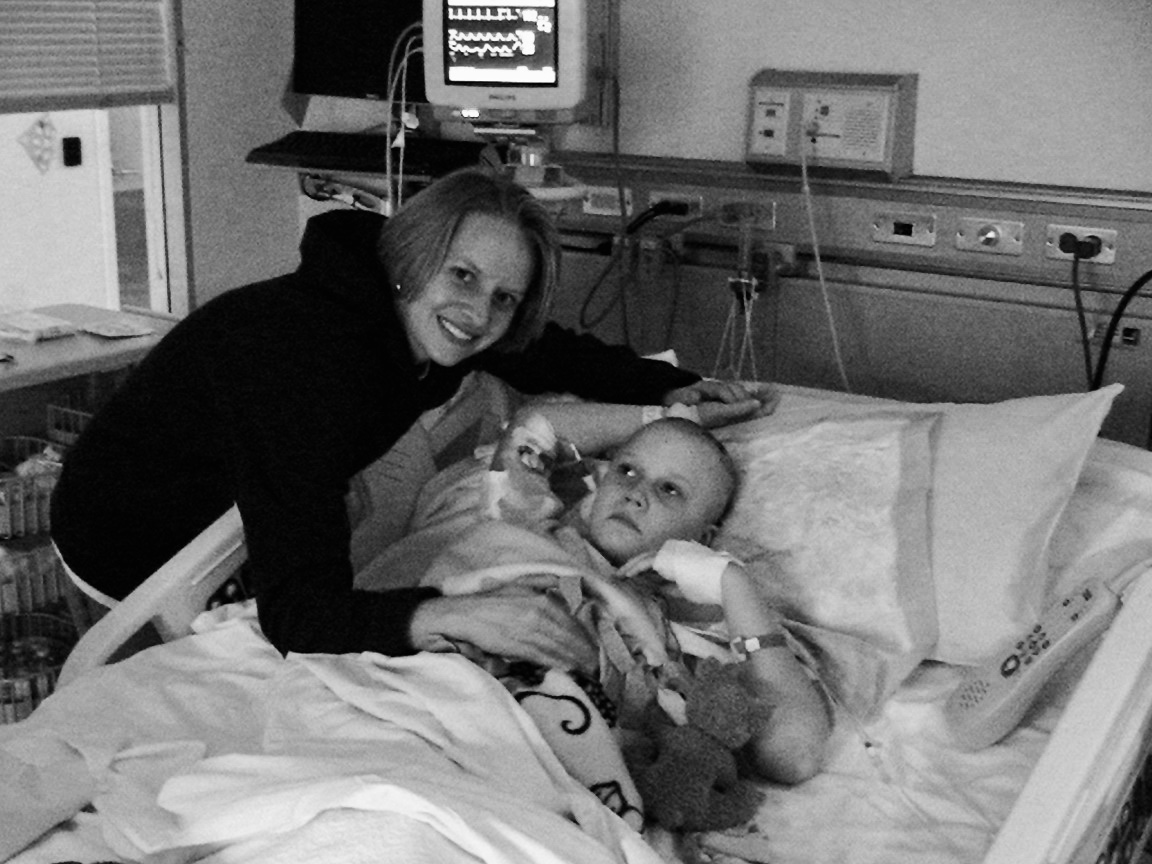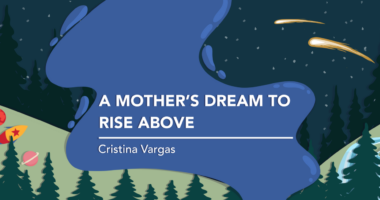What Can COVID-19 Teach Us About Batten Disease?

(Courtesy of Laura King Edwards)
Can you remember a stranger year than 2020? I was a college sophomore on 9/11, but while that tragedy mostly united Americans, the COVID-19 pandemic and growing racial tensions have proved divisive. And while neither of these crises directly relates to rare disease, I can’t help but think about my sister, Taylor, who lost her life to CLN1 disease (Batten disease) in 2018.
Here’s what the novel coronavirus — and our response — can teach us about Batten disease.
Isolation isn’t just about keeping yourself safe. It’s also about protecting someone else.
The World Health Organization declared COVID-19 a pandemic on March 11. More than three months later, most states in the United States still are not fully reopened. North Carolina, where my parents live and my husband and I work (we moved a few miles across the border to South Carolina in 2016), may not enter Phase 3 at the end of June due to the recent spike in positive test results.
It’s an almost impossible situation, with the desire to keep everyone safe clashing with the race to rescue hurting businesses and our wounded economy.
Most families affected by rare disease know a thing or two about isolation. While watching government officials and the public fight over reopening strategies well into June, I think about how my sister’s medical condition forced my family to take extra measures to keep her safe years before COVID-19 existed. Batten disease made Taylor especially susceptible to infection and complications from otherwise minor illnesses.
That risk increased when my sister received a stem cell transplant as part of a landmark clinical trial in 2008. She took a drug called CellCept (mycophenolate mofetil) to help prevent rejection of the transplanted stem cells, which further hindered her immune system’s ability to fight viral infections and other diseases.
Then, in 2009, the H1N1 pandemic happened: this “swine flu” put our family on high alert. My mom, Sharon King, recalled the day she and my dad took Taylor to get the vaccine. They couldn’t find it in Charlotte, our hometown, so they drove to a neighboring county on a cold, rainy morning. They stood in line outside the old building, wondering why their fragile, immunocompromised child had to be exposed to the masses, many of whom weren’t wearing a mask.
I know a mom whose daughter still battles another ultra-rare disease today. I’ve seen her get rabidly angry about people not following social distancing rules. “You probably won’t die [from COVID-19], but my daughter will,” she said.
On the flip side, I know many people who were frustrated that they couldn’t get their hair cut, go to restaurants, or see their friends this spring. But millions of people battling a rare disease live this way all the time, and now they’re at enormous risk every time they step out of their homes. In the last several years of her life, Taylor was admitted to the hospital multiple times for intractable seizures. What if she’d lived through that in the age of COVID-19?
Every family living with Batten disease right now is doing exactly that. So, even if you’re at low risk, remember: While the coronavirus may not kill you, it could kill someone else.
When the greater good is at stake, science moves quickly.
For years, the rare disease community has heard that science can’t move quickly. To be patient. But thanks to COVID-19, the genie’s out of the bottle. We all have a front-row seat for the real-life film about the amazing acts science can achieve, and how quickly these efforts can get to the finish line when the greater good is at stake.
Here’s the thing, though: Fighting rare disease IS about protecting the greater good. Even if the numbers — one in 10 Americans and 350 million people worldwide — aren’t enough — we have to consider the huge economic impact of rare disease.
Similarly, for years experts claimed it wasn’t possible to make telemedicine widely accessible. Yet since the pandemic began, my son’s pediatrician and surgeon (he had ear tubes placed in March) have “examined” him via Zoom calls. Meanwhile, I’ve consulted with my primary care physician via email, getting prescription refills and evaluating a sports injury.
Alone, Batten disease is rare, but together, the rare disease community is massive. And if you have a child with Batten disease or another rare disease, you have to fight for what’s right. You have to help everyone else understand your sense of urgency. You have to realize that just like the novel coronavirus we’re still scrambling to understand, your rare disease battle is a public health imperative.
***
Note: Batten Disease News is strictly a news and information website about the disease. It does not provide medical advice, diagnosis, or treatment. This content is not intended to be a substitute for professional medical advice, diagnosis, or treatment. Always seek the advice of your physician or other qualified health provider with any questions you may have regarding a medical condition. Never disregard professional medical advice or delay in seeking it because of something you have read on this website. The opinions expressed in this column are not those of Batten Disease News or its parent company, Bionews Services, and are intended to spark discussion about issues pertaining to Batten disease.






Edy Williams
ive had seizures in the 80,s taking trytophan to sleep upon discontinuing THAT sold over counter it cleared, it was always 3-4as tabets were small Noticed it went off shelves it had to happen to others! SCARY.. body suddenly shake for 9 10 seconds , awful'...people look ¬ bother mention it, terrible, had to figure that cause Myself!
Pavithra Prakash
My nephew(8 years) suffering from Batten disease died from covid19 recently my entire family is devastated at the moment .I think still many people are unaware of batten disease in my country
Laura King Edwards
I'm so sorry to hear about your loss. As for awareness, we're working on it. Knowledge is power! Best to you and your family.